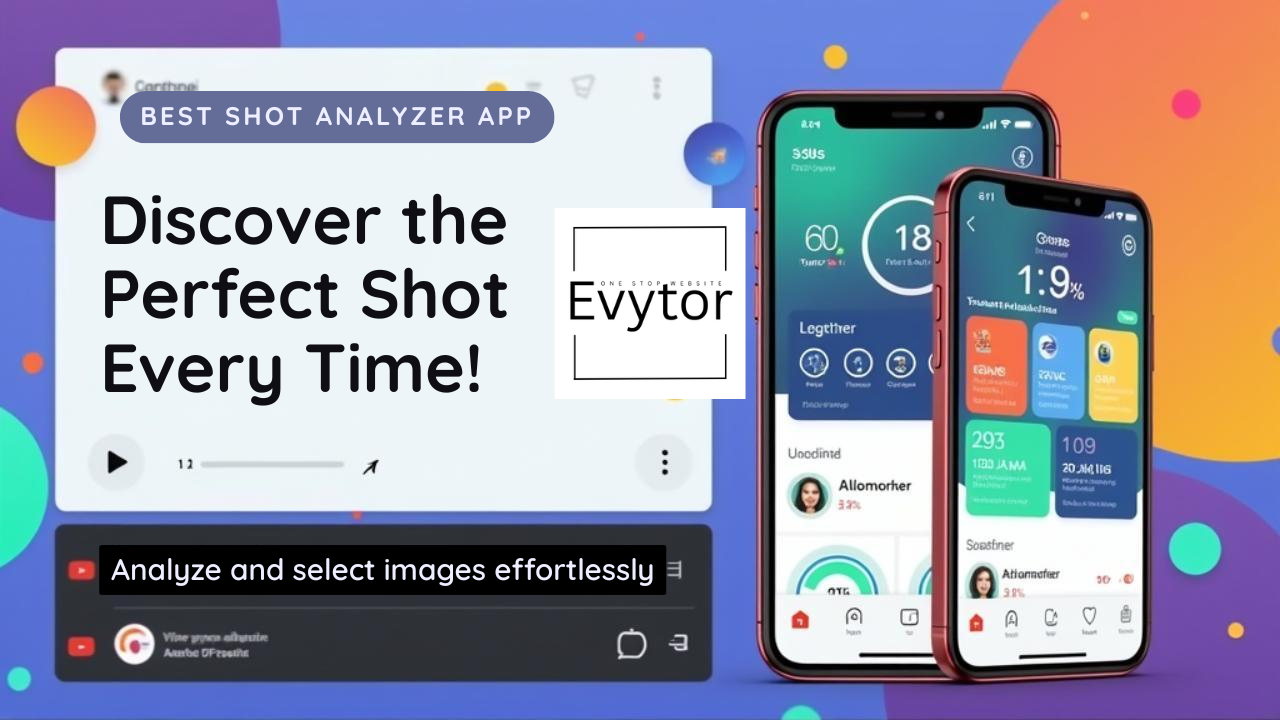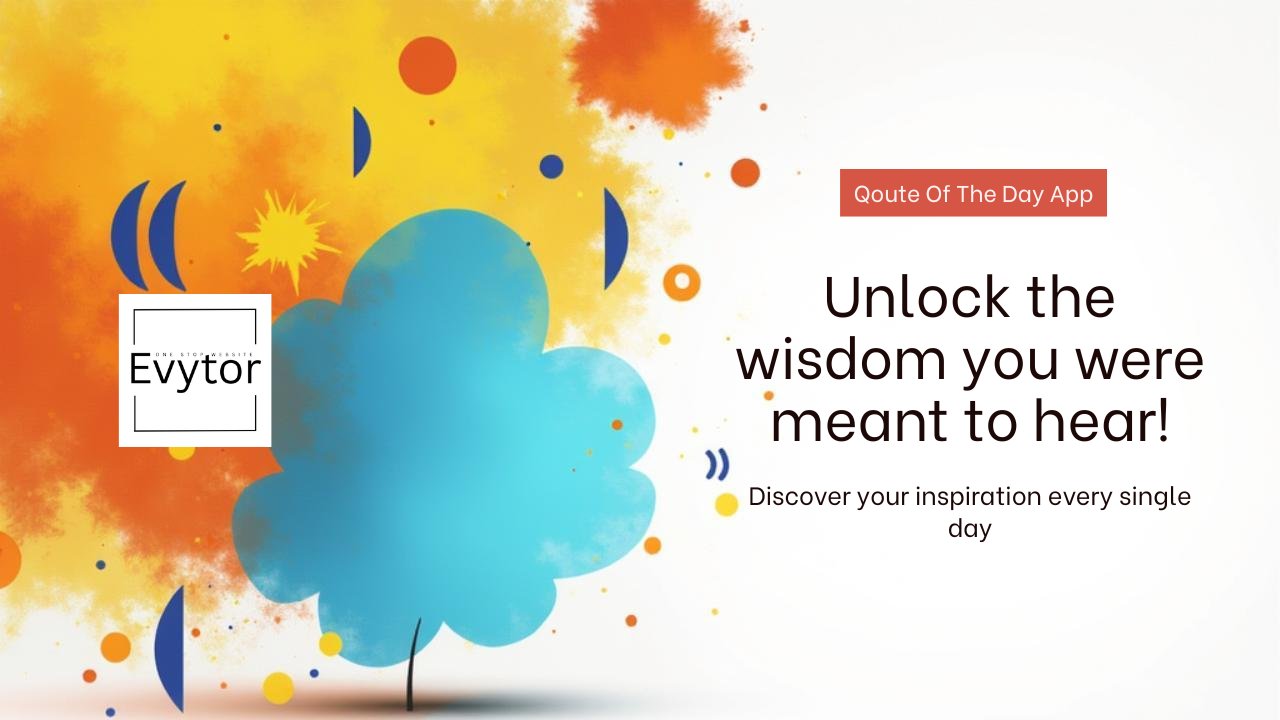Connecting AI and Mental Wellness: Emerging Apps
In today's fast-paced world, managing our mental well-being has become more crucial than ever. Stress, anxiety, and other mental health challenges are prevalent, leading many to seek accessible and effective support. Enter Artificial Intelligence (AI).
What if technology, often blamed for contributing to our digital overload and stress, could also be part of the solution? Emerging apps are now leveraging the power of AI to offer personalized, accessible, and proactive mental wellness support. This isn't about replacing traditional therapy, but rather providing supplemental tools and resources that can make a real difference in daily life. Let's dive into how AI is shaping the future of mental health support through innovative applications. 🧠
The Intersection of AI and Mental Wellness
The idea of using technology for mental health isn't entirely new, but AI brings a level of sophistication previously unattainable. AI algorithms can process vast amounts of data, learn user patterns, and provide insights or interventions that feel remarkably tailored to individual needs. This personalization is key because mental wellness is anything but one-size-fits-all. 💡
How does AI actually help? It can analyze text input from users to detect sentiment shifts, identify thought patterns, offer guided meditations based on reported stress levels, provide cognitive behavioral therapy (CBT) techniques, and even act as a conversational companion for those feeling isolated.
Types of AI-Powered Mental Wellness Apps
The landscape of AI mental wellness apps is diverse, catering to different needs and preferences. Here are some common types you might encounter:
- Therapy Chatbots: Apps like Replika (though not solely for therapy, offers conversational support) or Woebot use AI to simulate conversations, offering therapeutic techniques like CBT and dialectical behavior therapy (DBT) in a chat format. They are available 24/7, providing immediate, judgment-free interaction.
- Mood Trackers & Analyzers: Many apps go beyond simple logging. AI can analyze your mood entries over time, correlate them with activities, sleep patterns, or external factors you input, and identify triggers or positive influences you might not have noticed.
- Personalized Meditation & Mindfulness Guides: AI can curate meditation sessions based on your current mood, time constraints, or specific goals (e.g., reducing anxiety, improving focus). Apps like Headspace or Calm are starting to integrate more personalized journeys based on user data.
- Early Detection & Intervention: Some advanced apps and platforms use AI to analyze voice patterns, text inputs, or even smartphone usage data (with user permission) to detect early signs of deteriorating mental health, potentially alerting users or caregivers if needed.
Benefits of Using AI in Mental Health Support
The integration of AI into mental wellness apps offers several compelling advantages:
- Accessibility: Mental health support becomes available anytime, anywhere, breaking down geographical and time barriers. ✅
- Affordability: Many apps offer free tiers or are significantly less expensive than traditional therapy sessions. 💰
- Reduced Stigma: Some individuals feel more comfortable discussing sensitive topics with an AI than a human initially. This can be a valuable first step.
- Personalization: AI can adapt interventions based on individual progress and responses, making support more effective.
- Data-Driven Insights: Users gain insights into their own patterns, helping them understand their mental health better. 📈
Considerations and Limitations
While promising, it's important to acknowledge that AI mental wellness apps are not a panacea. They have limitations:
- Lack of Empathy: AI cannot replicate genuine human empathy, which is a crucial component of therapeutic relationships.
- Crisis Situations: AI apps are not suitable for handling mental health crises. Users in distress should always seek professional help or emergency services. 🚨
- Data Privacy: Users must be mindful of the data they share and the privacy policies of the apps they use.
- Accuracy: AI interpretations are based on algorithms and data; they may not always be perfectly accurate or nuanced.
- Supplemental Tool: These apps are best viewed as *supplements* to, not replacements for, professional medical or psychological care when needed.
Always consult a healthcare professional for diagnosis and treatment of mental health conditions. AI apps can be helpful tools on your wellness journey, but they should be part of a broader self-care strategy.
Going Further: Pro-Tips for Exploring AI Mental Wellness Apps
Curious to try some out? Here are a few tips:
- Define Your Goals: What do you hope to achieve? (e.g., reduce anxiety, improve sleep, track mood, gain coping skills) This will help you choose the right type of app.
- Read Reviews: Look at user feedback to gauge effectiveness, ease of use, and reliability.
- Start Slow: Try one app at a time to see how it fits into your routine.
- Check Privacy Policies: Understand how your data is used and protected. This is paramount. 🔒
- Combine with Other Practices: Use the app alongside other healthy habits like exercise, mindfulness, social connection, and professional support if necessary.
Exploring AI mental wellness apps can be a valuable step in taking proactive control of your well-being. They offer convenience, accessibility, and personalized tools to help you navigate the complexities of modern life.
Conclusion
The integration of Artificial Intelligence into mental wellness apps represents an exciting frontier. While not a substitute for human connection or professional therapy, these tools offer innovative ways to access support, gain insights, and build resilience. They are making mental health resources more accessible and personalized for millions. As AI continues to evolve, we can expect even more sophisticated and helpful applications. Are you ready to explore how AI can support your mental wellness journey? 🤔




